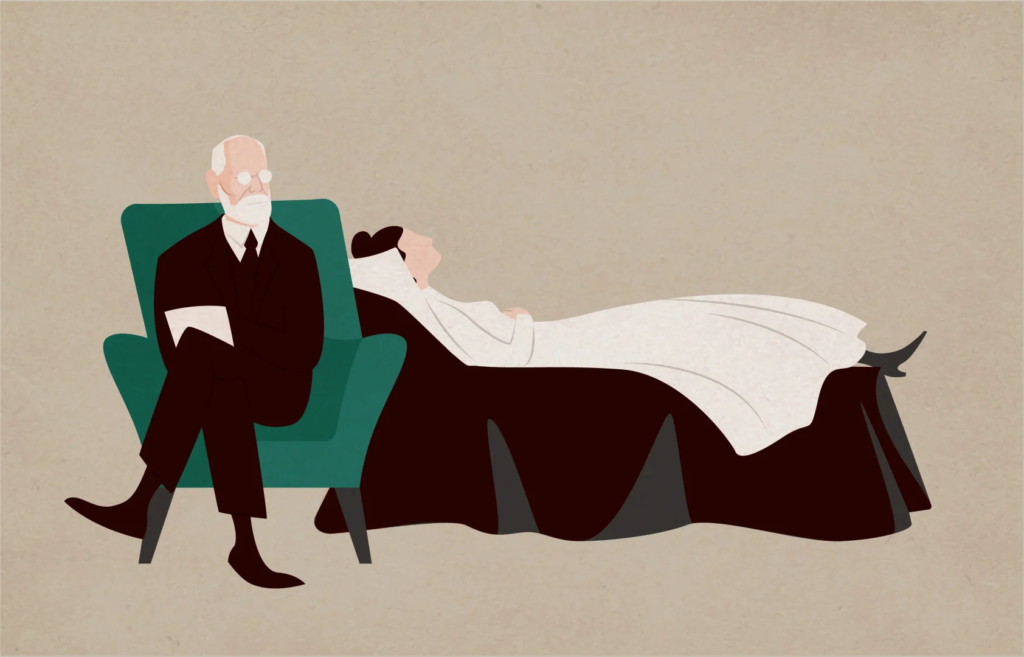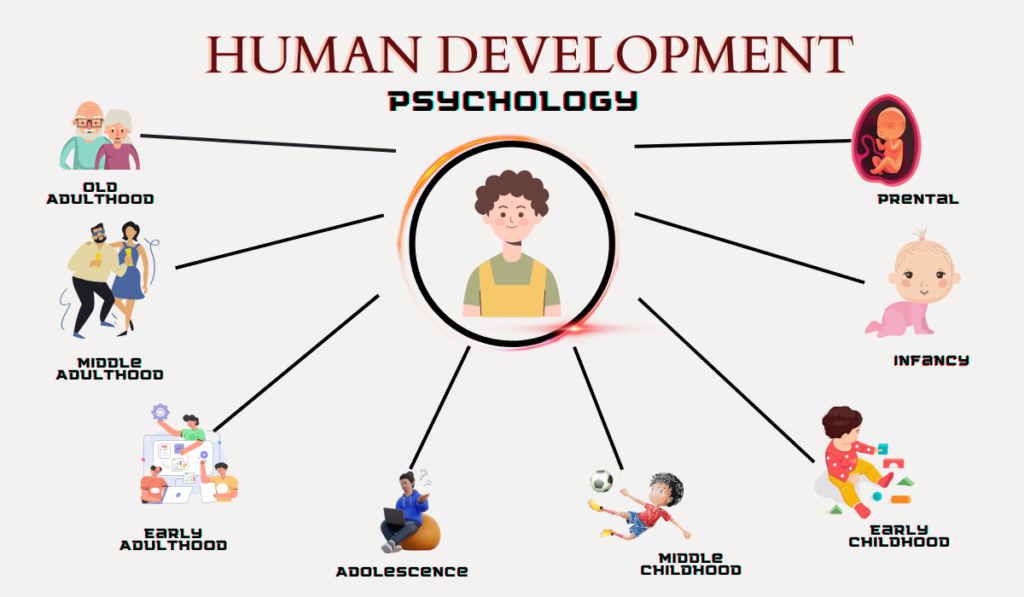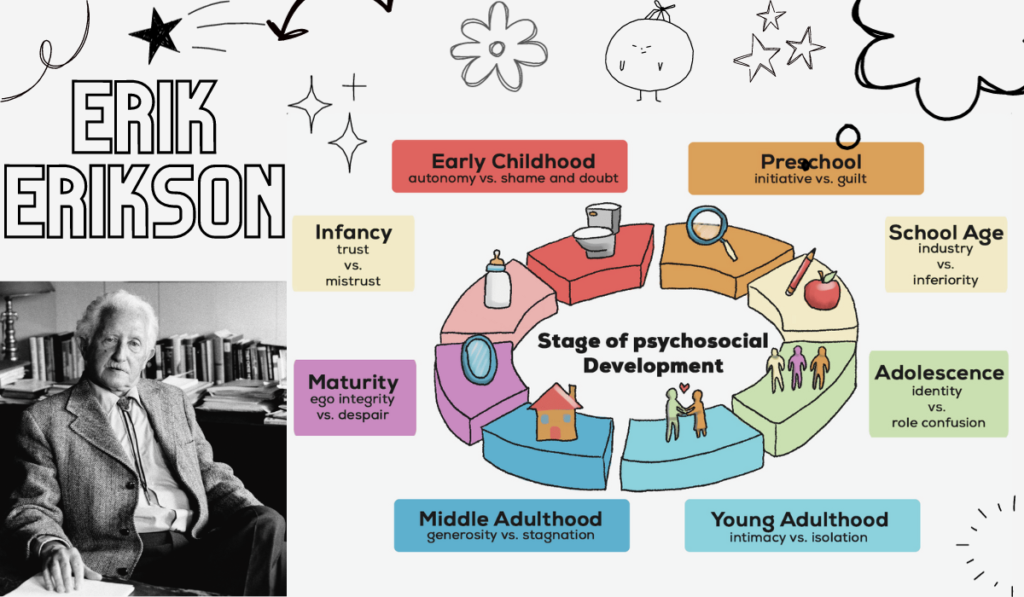Sigmund Freud, often referred to as the father of psychoanalysis, revolutionized the field of psychology with his groundbreaking theories on the human mind. Among his many contributions to the field, one of the most significant was the development of talk therapy. This therapeutic approach, also known as psychoanalysis, delves deep into the subconscious to uncover hidden thoughts, emotions, and conflicts that may be affecting an individual’s mental well-being. In this blog, we will explore the concept of talk therapy as introduced by Sigmund Freud, its key principles, and its lasting impact on modern psychology.
Understanding the Basics of Talk Therapy
Talk therapy, or psychoanalysis, is a form of psychological treatment that involves in-depth conversations between a trained therapist and a patient. Freud believed that our conscious minds only represent a small portion of our mental activity, while the vast majority of our thoughts and emotions are buried in the subconscious. He proposed that unresolved conflicts, repressed desires, and early childhood experiences could manifest as psychological issues in adulthood.

Key Principles of Talk Therapy by Sigmund Freud
The Unconscious Mind
Freud posited that the unconscious mind holds memories, thoughts, and emotions that are often hidden from our conscious awareness. Talk therapy aims to bring these hidden elements to the surface, allowing patients to gain insight into their behavior and emotions.
Free Association
Freud introduced the technique of free association, where patients are encouraged to express their thoughts and feelings without censorship. This method allows the therapist to identify patterns and gain insight into the patient’s underlying psychological issues.
Dream Analysis
Freud believed that dreams were a window into the unconscious mind. He used dream analysis as a tool to uncover repressed thoughts and emotions. Patients were encouraged to share their dreams, and therapists would interpret them to uncover hidden meanings.
Transference
Freud observed that patients often projected their feelings and attitudes onto their therapists, a phenomenon he called transference. This dynamic provides valuable insights into the patient’s relationships and unresolved issues.
Resistance
Patients sometimes resist the therapeutic process by avoiding certain topics or becoming defensive. Freud believed that resistance indicated areas of particular significance and worked to explore these resistances with patients.
The Enduring Impact of Talk Therapy
While Freud’s specific methods and ideas have evolved over time, the concept of talk therapy remains a cornerstone of modern psychology and psychotherapy. Here are some ways in which Freud’s ideas continue to influence contemporary therapeutic practices:
Psychodynamic Therapy
Psychodynamic therapy, which evolved from Freud’s psychoanalysis, continues to be a widely practiced form of talk therapy. It explores unconscious processes and their impact on a person’s thoughts and behavior.
Insights into Human Behavior
Freud’s emphasis on the unconscious mind and the exploration of hidden thoughts and emotions has influenced various therapeutic approaches, contributing to a deeper understanding of human behavior.
The Therapeutic Relationship
Freud’s emphasis on the therapeutic relationship and the importance of trust and rapport between therapist and patient remains a fundamental aspect of effective therapy today.
Psychotherapy Techniques
Many modern therapy techniques, such as cognitive-behavioral therapy and humanistic therapy, incorporate elements of talk therapy in their approach to understanding and addressing psychological issues.
Conclusion
Sigmund Freud’s concept of talk therapy focus on the unconscious mind and the exploration of hidden thoughts and emotions. It has had a profound and lasting impact on the field of psychology and psychotherapy. While Freud’s specific methods have evolved and diversified over time, the core principles of talk therapy continue to provide valuable insights into the human psyche and help individuals address a wide range of psychological issues. Whether you’re seeking therapy or simply interested in understanding the history of psychology, Freud’s contributions to the field of talk therapy are undeniably significant.
Bibliography
Cherry, Kendra. “How Does Psychoanalytic Therapy Work?” Verywell Mind, 2022, www.verywellmind.com/what-is-psychoanalytic-therapy-2795467.
Mcleod, Saul. “Psychoanalysis.” Simplypsychology.org, 2 Dec. 2023, www.simplypsychology.org/psychoanalysis.html.
“Psychoanalysis – Type of Therapy | CareersinPsychology.org.” Careersinpsychology.org, 31 Aug. 2017, careersinpsychology.org/psychoanalysis/#:~:text=Psychoanalysis%2C%20also%20known%20as%20%E2%80%9Ctalk.



Pingback: How is behavior therapy different than psychoanalysis? - KnownPsychology